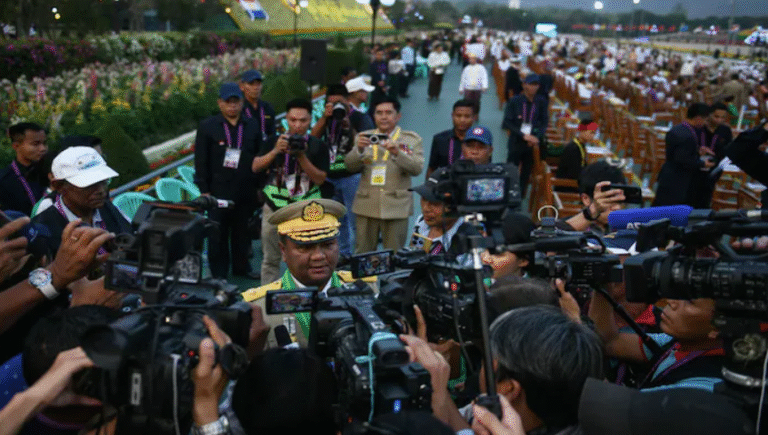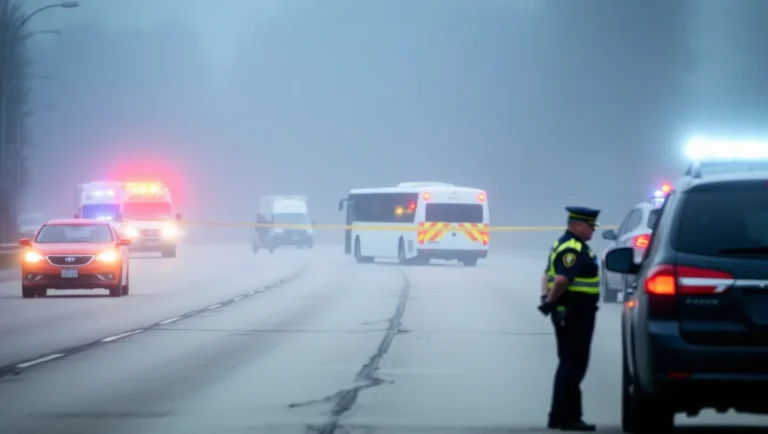
In a significant relief for Indian professionals and the broader non-resident Indian (NRI) community in the United States, the revised draft of the One Big Beautiful Bill Act (OBBBA) has lowered the proposed remittance tax from 5% to just 1%.
The original bill, which was passed in May 2025 by the US House of Representatives, had proposed a 5% tax on money transfers sent abroad via cash, money orders, or cashier’s checks. This sparked serious concern among many Indians in the US—particularly H-1B and H-2A visa holders—who regularly send money home to support families or manage personal financial obligations in India.
Responding to these concerns, the updated version of the bill now proposes a 1% tax, applicable only to cash-based remittance methods. Digital transfers—including those made via bank accounts, debit, and credit cards—have been exempted. As most NRIs use online or bank-based methods to send money, this revision is expected to ease financial pressure for the majority.
According to the updated draft, “There is hereby imposed… a tax equal to 1% of the amount of such [cash-based] transfer.
Experts say this change reflects a growing sensitivity in US policy circles to the concerns of immigrant communities. It also offers greater clarity for financial planning, particularly for temporary workers, students, and Green Card applicants.
For the Indian-American community, the rollback is being seen as a small but significant victory—both financially and politically.


